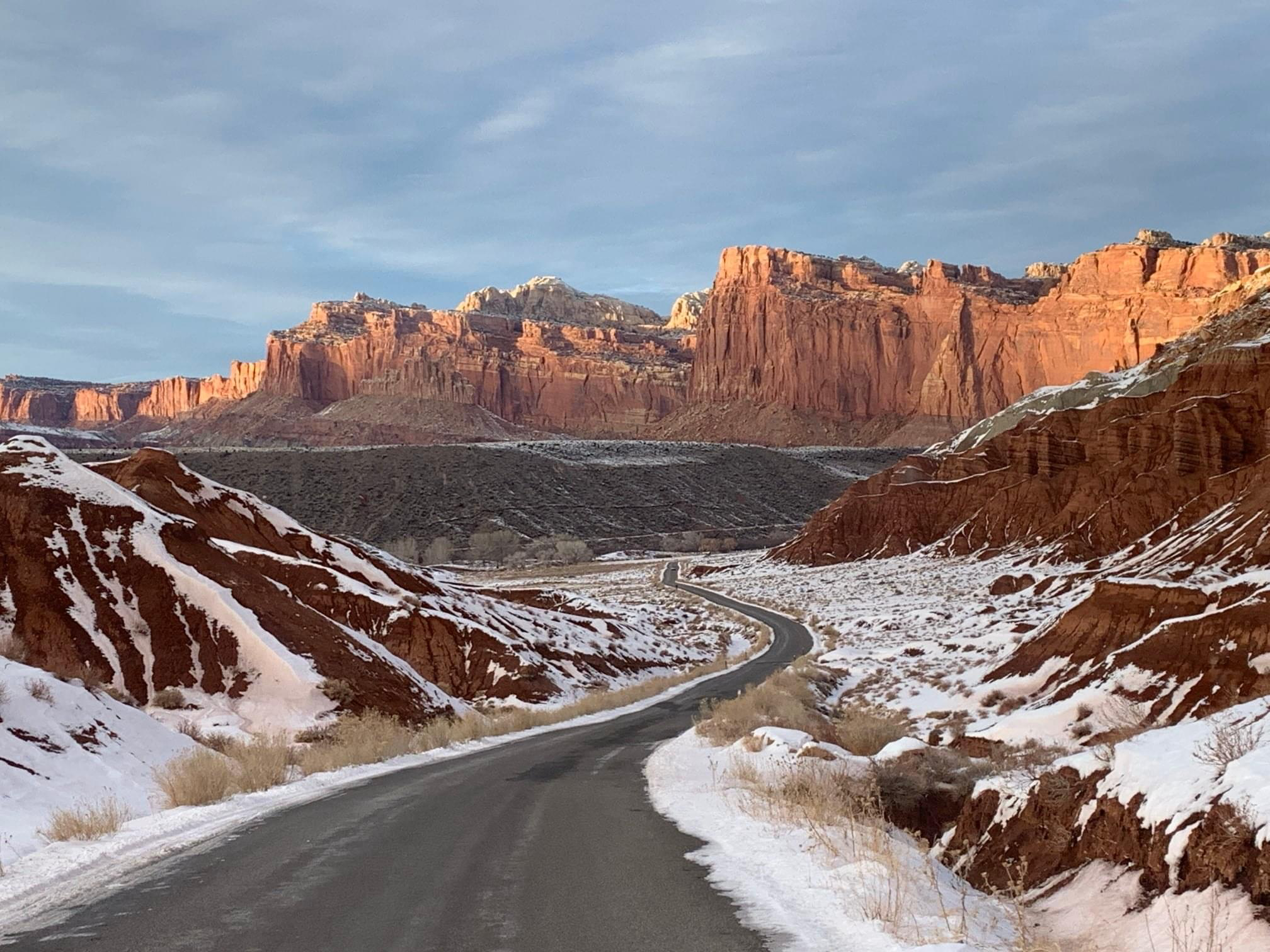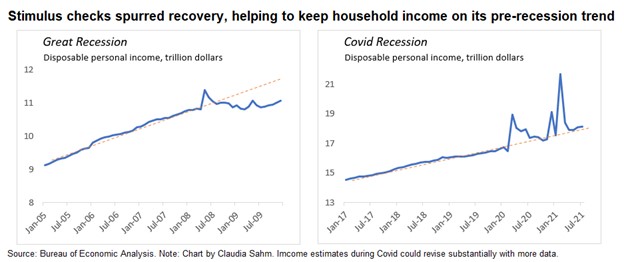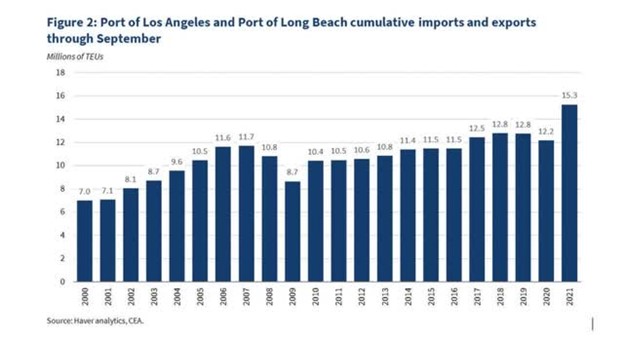The Daily Escape:

Capitol Reef NP – photo by Jeff Kofoed
The Republicans plan to run out the clock on Congressional oversight.
The WaPo reports that the execrable Peter Navarro, Trump’s trade adviser, told the House committee probing the government’s Coronavirus response that he will not comply with its subpoena.
The House Select Committee investigating the Jan. 6 attempted coup released their contempt report for Mark Meadows, former WH Chief of Staff to Trump. It recommends that the full House bring contempt charges against Meadows. Their report describes some of the more damning evidence already obtained regarding Meadows, mostly derived from documents Meadows had already turned over to the Committee. It shows Meadows’ role in sowing disinformation about the election and his early knowledge of the violence that might result from the MAGA rally on Jan.6.
Most damning, as Politico reports, is one fact describing Meadows emailing someone, saying that the National Guard would “protect pro-Trump people” at the rally.
That’s particularly interesting since, as Marcy Wheeler reports, when DOJ-indicted Proud Boy Charles Donohoe while at the Capitol, saw a public report about the Guard being called in on the afternoon of Jan. 6, he responded with surprise that the Guard would “attack…Trump supporters.”
Did the Republicans plan to bait Democrats into attacking the MAGAs at the US Capitol so that Trump could declare a national security emergency, and suspend the counting of Electoral College votes?
Meadows has sued the Jan. 6 Committee and Nancy Pelosi to block enforcement of the Committee’s original subpoena, as well as the subsequent subpoena it issued to Verizon for his phone records. This is another effort to run out the clock, cutting into the time required for the House Select Committee to reach its final conclusions about the attempted coup.
Steve Bannon has initiated legal action to avoid testifying before the Jan.6 Committee, and his case won’t be heard until July 2022, more of the Republican effort to run out the clock. He’d like nothing more than to have a big show trial heading into the mid-terms.
These are coordinated efforts by some of the principal Trump coup actors to obstruct Congressional oversight.
The Republican plan to run out the clock assumes that the GOP can take control of the House in the 2022 mid-terms. That would shut down any Congressional oversight of January 6, so the Democrats have a little over 12 months left to get their work done on the attempted coup. If you think their report would swing votes in November, then Democrats have just 10 months.
And they better scan all of the documents they have and put them in a warehouse beyond the reach of Republicans once they’re back in power, or all of their work to date will be destroyed.
Few are following this story. Eric Boehlert complains:
“The coup blueprint still hasn’t appeared on the front page of single major American newspaper, nor has any influential editorial page weighed in.”
Plans for the next coup attempt will intensify in the coming months, meaning we can’t afford to lose the House in the 2022 mid-terms. Dan Pfeiffer’s newsletter discusses Democrats’ 2022 political messaging in light of what we know about the coup attempt and the GOP’s overall assault on democracy. He asks: (emphasis by Wrongo)
“If democracy is really in grave danger why aren’t Democrats doing anything about it? Why aren’t more Democrats – including President Biden– more vocal about raising the alarm?”
You’d think that what we know would be enough to get Dems to sing from the same song book. But it seems that the Democratic political playbook is still to focus on “kitchen table” issues while moving to a more moderate message that appeals to suburban independent voters.
Why aren’t the Dem moderates like Abigail Spanberger (D-VA), along with Sens. Manchin and Sinema stepping up to fight back against the anti-democracy efforts by the Republican Party? Pfeiffer says that the Dems should run on saving democracy, but that didn’t work in the Virginia governor’s race. From Pfeiffer:
“The idea that Republicans are a danger to democracy and election integrity is unquestionably true. It is also true that their anti-democratic authoritarianism is the greatest danger they pose in the short term.”
The problem with running on saving democracy is that we don’t know how many people really care that much about it.
Time to wake up America! It’s only Tuesday, but there’s already much to do if we are to save our democracy. To help you wake up, listen to “The Burden of Freedom” by Kris Kristofferson. It originally was on his 1972 album “Border Lord”:
Sample Lyric:
I stand on the stairway, my back to the dungeon
The doorway to freedom so close to my hand
Voices behind me still bitterly damn me
For seeking salvation they don’t understand











